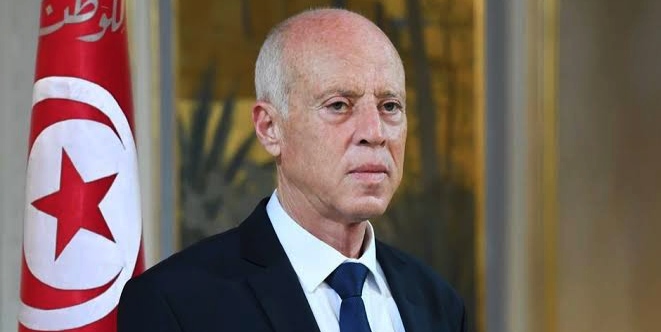By John Ikani
President Kais Saied of Tunisia has extended the state of emergency in the country.
According to the state news agency TAP, the state of emergency will be in effect until the end of December 2023.
Just last month, President Saied extended the state of emergency for a period of one month. The move follows a series of extensions dating back to November 2015, when the initial declaration was made following a bombing attack on a presidential guard bus.
Tunisia has faced its fair share of challenges, with two major attacks on foreign tourists in the capital Tunis and the resort town of Sousse, rocking the nation earlier that same year.
President Saied remains steadfast in his commitment to maintaining stability in Tunisia, despite criticism from opposition leaders, who have accused the president of a power grab and called for his resignation after recent elections saw a record low voter turnout.
Why do countries declare a state of emergency?
Countries may declare a state of emergency in response to a perceived or actual threat to their citizens, infrastructure, or institutions.
The purpose of declaring a state of emergency is to provide the government with additional powers and resources to quickly address the situation and maintain stability and security.
Some common reasons for declaring a state of emergency include; natural disasters, public health crises, civil unrest, terrorism, and military conflicts.
The measures implemented during a state of emergency may vary, depending on the country and the specific circumstances, but may include restrictions on movement and assembly, the deployment of military or law enforcement, and temporary suspension of some civil liberties.
The goal is to protect public safety, restore order, and prevent further harm.




































